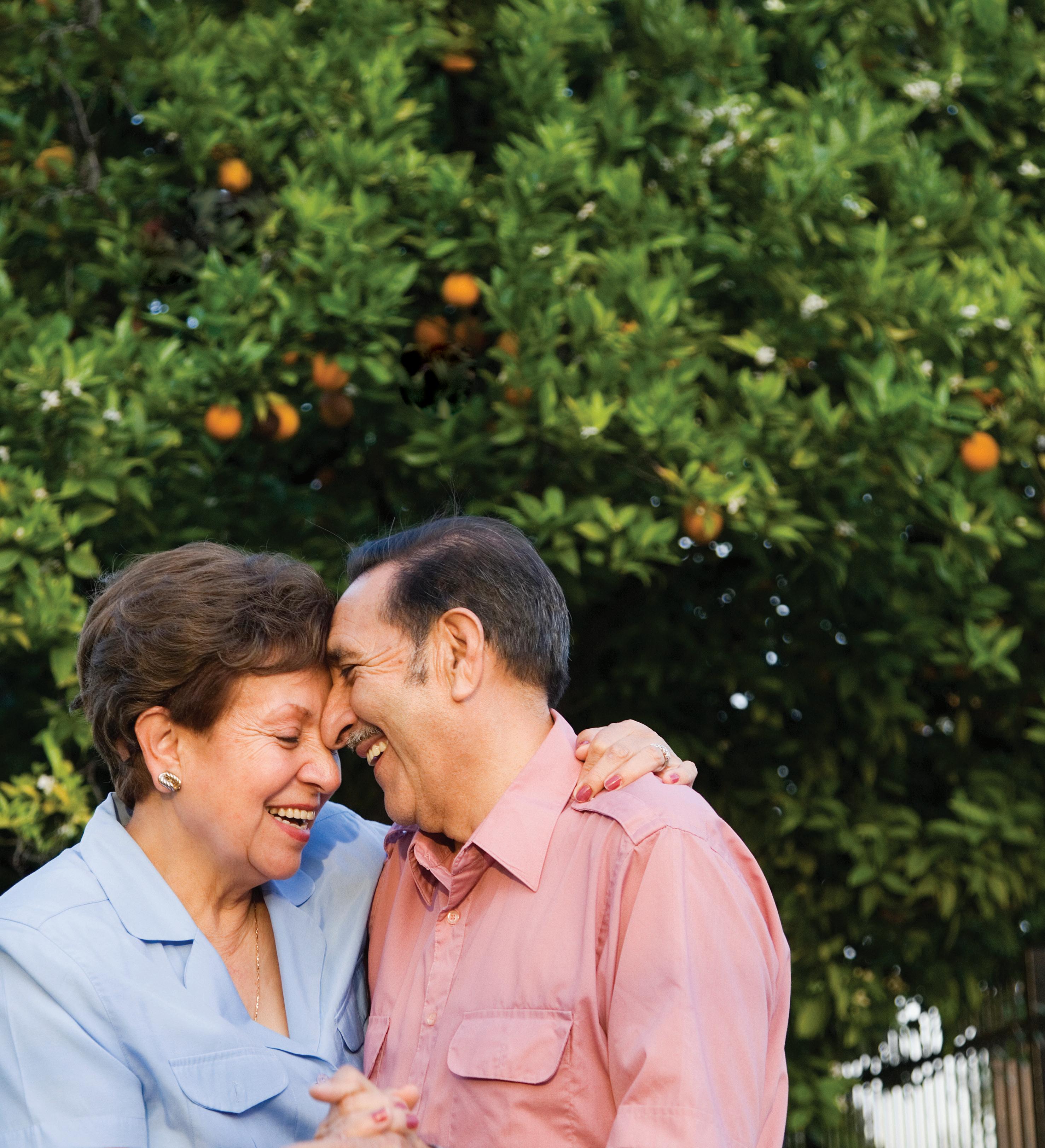
2 minute read
FEELING ISOLATED?
Hidden health risk for older adults
Amy Sweezey
Advertisement
For months, people have been following the advice of medical professionals and state leaders to “stay home” and “stay safe.” Knowing the coronavirus can be lifethreatening, especially to older adults, everyone has been encouraged to reduce the risk of exposure to themselves and to others. But sheltering at home can mean isolation from family, friends and activities that keep humans engaged in life.
Directors at the Texas A&M Center for Population Health and Aging are studying social connectedness in older adults and the detrimental effects of social isolation and loneliness on physical and mental health. The study shows that the safety guidelines to self-isolate from the pandemic have inadvertently created new health risks for older adults by leaving them more isolated and inactive than ever before.
Even before the pandemic began, studies showed that nearly a quarter of older Americans felt socially isolated, and about a third of middle-aged and older adults experienced loneliness.
That isolation often leads to other health issues: chronic disease, psychiatric disorders, declining cognitive function, depression, anxiety, suicidal thoughts, even premature death. Of course, staying at home also makes living a healthy lifestyle more difficult, including the challenge of trying to eat well and exercise. Without exercise, muscles can weaken. Inactivity can lead to weight gain, declining heart function and decreased lung capacity.
The Texas A&M directors recommend the following steps for older adults to stay active and engaged despite social isolation:
Staying connected is key despite the pandemic’s need for social distancing. Here are a few ideas:
Plan your day.
Keeping a routine adds value and meaning to your day.
Stay physically active.
FInd exercises that can be done at home or around your house.
Think of others.
Reach out to friends; volunteer.
Stay connected.
Accept help.
Remain open to accepting kindness and support from family, friends, health care providers or social service agencies.
Know your risk.
Assess whether or not you are at risk for negative impacts from isolation.
Don’t live in fear.
Don’t be afraid to leave home, but do so wisely. Follow CDC guidelines.
1. Phone calls 2. Online platforms and social media 3. Online learning 4. Internet-based volunteering
I may be old, but I got to see all the cool bands.
FOR MORE DAILY MEMES:
@GrowingBolder
MEDIC ARE
Moved to Florida in the last 60 days?
You may now qualify to switch Medicare Advantage plans!

To learn more visit GrowingBolder.com/Medicare or to speak to a representative call 1-844-396-2579.

Florida Blue and Florida Blue Medicare are Independent Licensees of the Blue Cross and Blue Shield Association. © 2021 Blue Cross and Blue Shield of Florida, Inc., DBA Florida Blue. All rights reserved. Y0011_105413 2021_C









